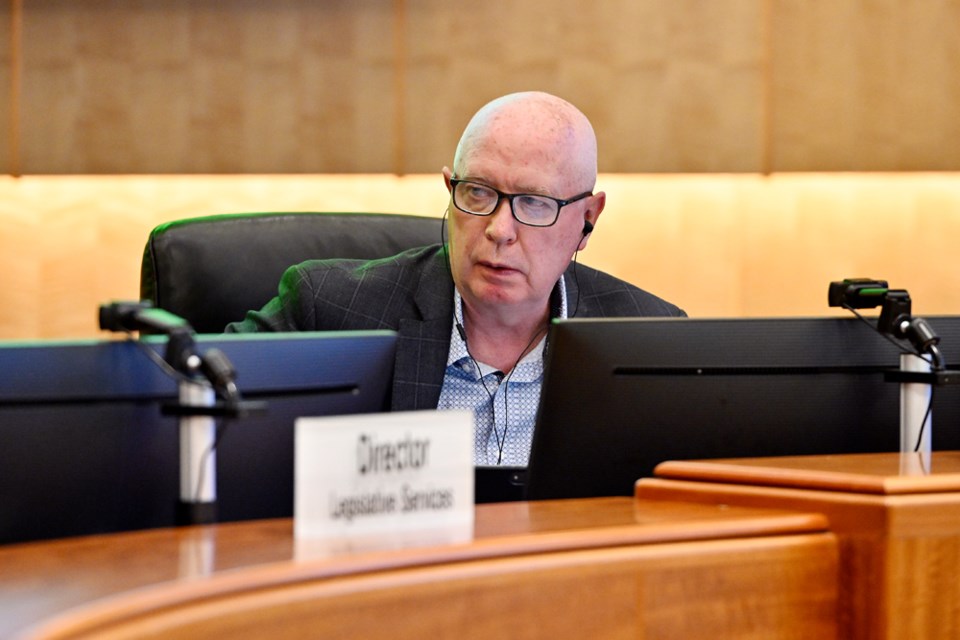Dear Editor:
The salaries of Metro Vancouver mayors, combined with additional board stipends, stand out as extraordinarily high compared to the average taxpayer's earnings and even exceed the salary of the Prime Minister of Canada.
For instance, Burnaby Mayor Mike Hurley earned $393,075 in compensation, which included $109,000 for his role as Metro Vancouver Board chair. The payment structure further incentivizes extended meetings, with a $1,050 stipend for meetings lasting over four hours. This raises critical concerns about transparency, justification of workload, and a governance model where salaries may not reflect the actual time or expertise required for these roles.
A trip to Amsterdam for a drainage conference has also raised questions about the necessity and selection process for such expenditures. Should mayors lacking expertise in environmental or water engineering attend such events, or should these tasks be delegated to technical experts? Moreover, in the age of technology, why not conduct these discussions via virtual meetings such as Zoom?
Additionally, Metro Vancouver’s chief administrative officer, Jerry Dobrovolny, received a staggering $711,668 in 2023, including taxable benefits and expenses. Despite such high compensation levels for the CAO, board chair, board vice-chair, electoral area director, committee chair, board and committee members, how did a wastewater treatment plant’s costs balloon to nearly eight times the initial $500-million projection with all the overpaid oversight? And the project is still incomplete!
Excessive compensation is not limited to Metro Vancouver. For example, the CEO of the British Columbia Lottery Corporation (BCLC) saw their pay increase by 54.6% in just one year, from $290,690 to $449,288. This trend of rapidly escalating executive pay in public agencies far outpaces inflation and the typical earnings of taxpayers.
These revelations prompt several pressing questions. Are the salaries and bonuses justified by the responsibilities and results delivered? How do Metro Vancouver's compensation levels compare to other municipalities across Canada? What safeguards exist to ensure public sector leaders are held accountable for cost overruns and inefficiencies, such as those seen in the wastewater treatment plant project? Should stricter guidelines govern conference attendance and expense approvals, prioritizing technical expertise over political presence? How can taxpayers gain greater transparency and input into decisions affecting executive pay and major infrastructure projects?
Metro Vancouver's governance and spending practices highlight the urgent need for increased transparency, citizen oversight, and stricter accountability for elected officials and public sector executives. Addressing these systemic issues may require measures such as:
- Public access to detailed compensation and performance metrics.
- External audits of major projects and executive expenses.
- Advocacy for policy reforms to curb excessive compensation and improve financial governance.
These issues also invite broader reflection on how local governments balance fair compensation with accountability to taxpayers. The disconnect between elected officials’ public persona during campaigns and their actions in office is particularly disheartening. While they present themselves as public servants working in the best interests of their communities, the reality often reveals a widening gap between taxpayers and the taxpayer-funded elite who operate behind closed doors.
How can Metro Vancouver and other municipalities ensure greater alignment between leadership compensation, accountability and public trust?
- John Leckman, Burnaby



